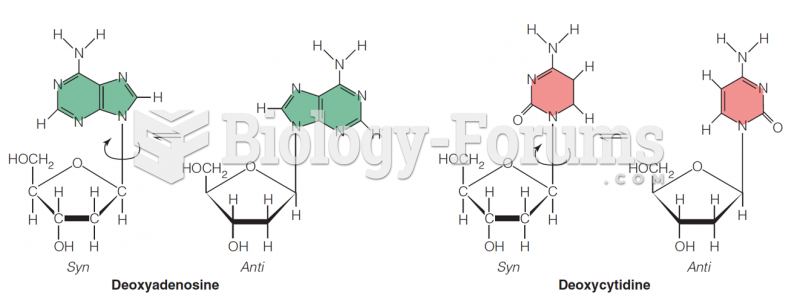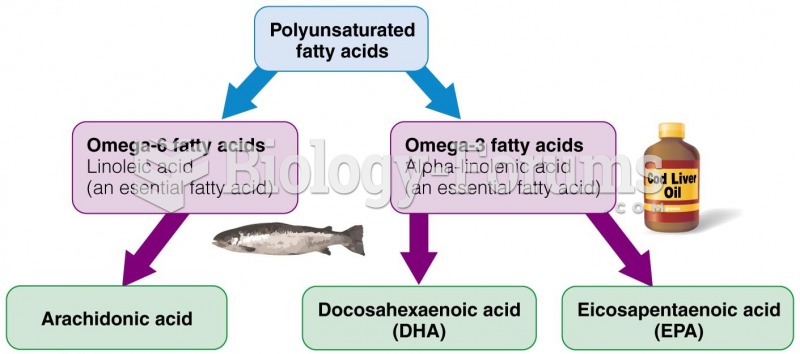The reaction of a(n) _____ with an alcohol cannot be used to prepare an ester.
a.
acid halide
b.
carboxylic acid
c.
acid anhydride
d.
amide
Question 2Esters react with alcohols in an acid-catalyzed reaction called _____.

a.
combustion
b.
esterification
c.
transesterification
d.
rearrangement
Question 3What is the major organic product obtained from the following sequence of reactions?

Question 4What is the major organic product obtained from the following sequence of reactions?

Question 5What is the major organic product obtained from the following reaction?

Question 6What is the major organic product obtained from the following reaction?

Question 7What is the major organic product obtained from the following reaction?

Question 8What is the major organic product obtained from the following reaction?

Question 9What is the major organic product obtained from the following reaction?

Question 10What is the major organic product obtained from the following reaction?

Question 11What is the major organic product obtained from the following reaction?

Question 12What is the major organic product obtained from the following reaction?

Question 13What two organic compounds are obtained from the following reaction?

Question 14What two organic compounds are obtained from the following reaction?

Question 15What two organic compounds are obtained from the following reaction?

Question 16What two organic compounds are obtained from the following reaction?

Question 17What is the major organic product obtained from the following reaction?

Question 18What is the major organic product obtained from the following reaction?

Question 19What is the major organic product obtained from the following reaction?

Question 20What is the major organic product obtained from the following reaction?

Question 21What is the IUPAC name of the following compound?

Question 22What is the IUPAC name of the following compound?

Question 23Consider the following compounds.








